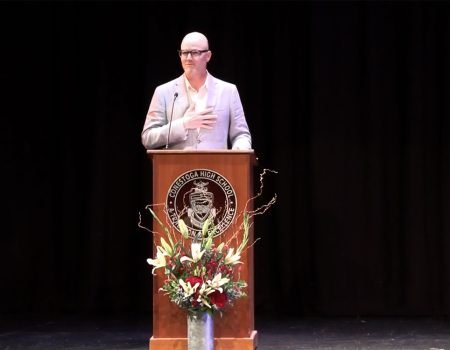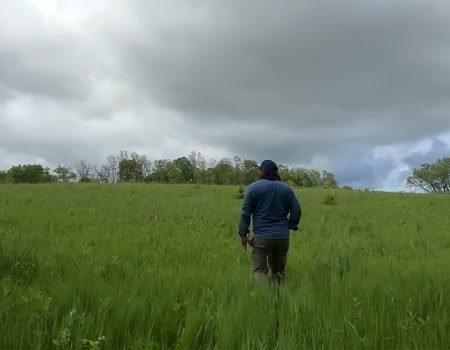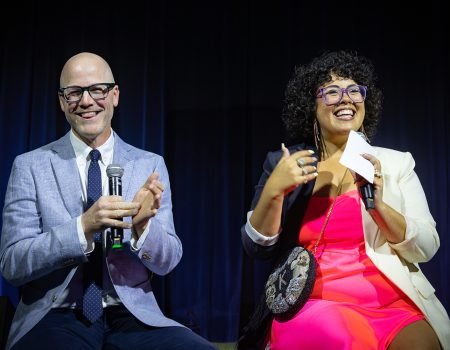Alison Bonaguro: Lifesaver
There was a minute there at the end of my tenure at The Mighty Viacom when I was leading editorial across MTV, VH1 and Country Music Television. I flew back and forth between Nashville and New York City maybe a dozen times.
This was just as Nashville was beginning to boom, but before the city began welcoming new residents at the rate of one every hour. There were signs tho: Jack White had just moved in. New, one-word restaurants with bold-name chefs were popping up. And the first vintage shops were opening in East Nashville. Still, it wasn’t the Hollywood of the Southeast, or the Las Vegas of the South. Yet.
That’s when I got my first taste of “Nashville Nice.”
One executive served me moonshine to test my mettle, took me for my “Meat and Three” to hear whatever innovation I was pitching, then sent me back to the Big City and returned to normal.
Allison, then a CMT Journalist, was always open, always game. She turned out at CMA and Grammys red carpets dressed to the nines with her reporter’s notebook at the ready. And she always filed first.
So when I heard that she’d penned a behind-the-scenes book about her time in country music, I couldn’t wait to read it.
What makes Backstaged so interesting to me is how important small, personal moments figure into Alison’s Nashville experience. Sure, there are some outsized, NC-17 excesses (see also Kid Rock), but mostly, Allison talks about things like the time Tim McGraw asked about her kids. Or Blake Shelton sent her a thank you note.
Small, personal moments like the one Alison and I shared when found ourselves deep in conversation about the the bridge – that part of the song that comes after the second chorus, the part that takes you on an eight-measure mini-epic somewhere completely new from where you’d been before, and then returns you to the final verse, transformed.
When I sensed something unsettled, unsaid between us I asked. And when Alison got truly vulnerable, she revealed why her connection to country music is so deeply personal to her, and so profoundly universal for all of us.
Music can save your life.
It is, as Fred Rogers said, “the one art we all have inside.”



